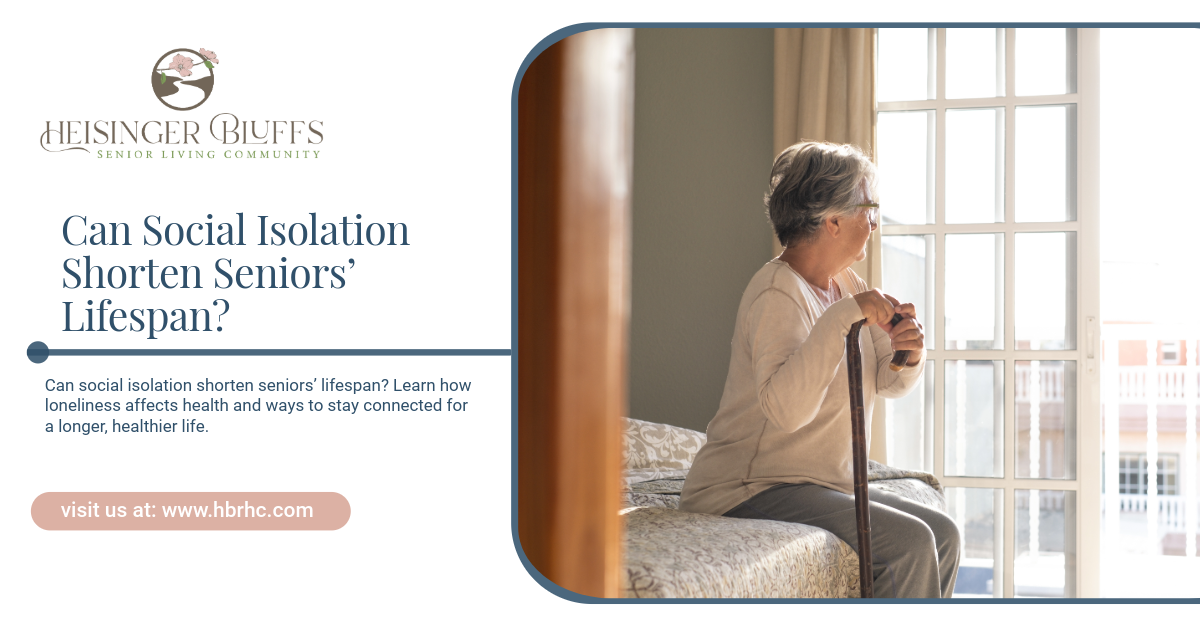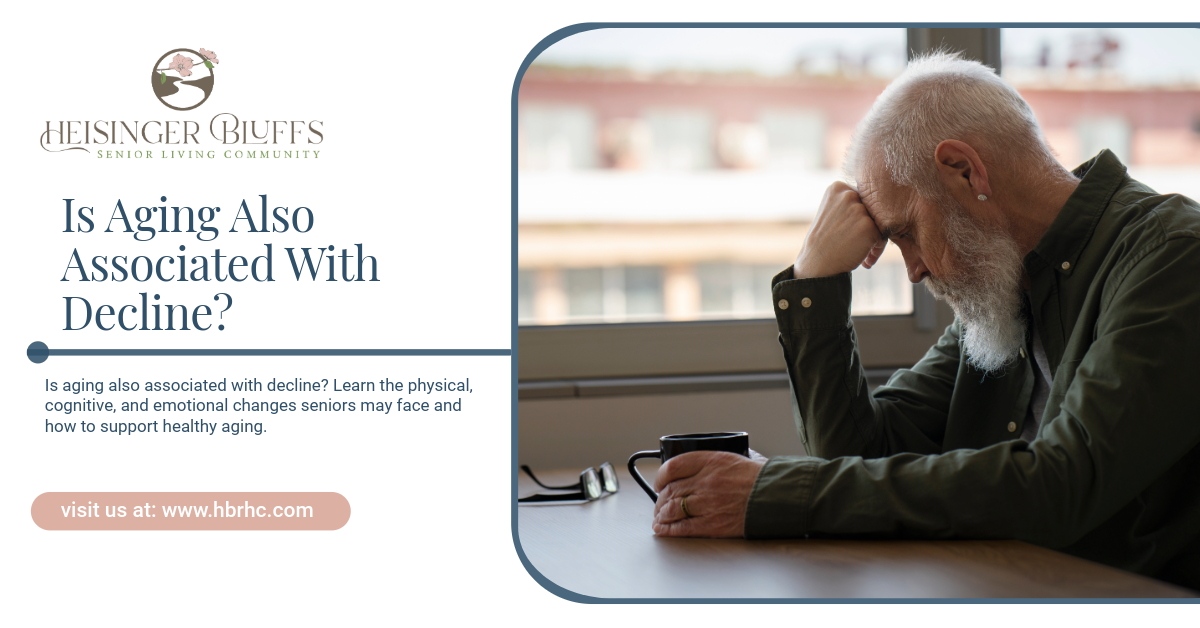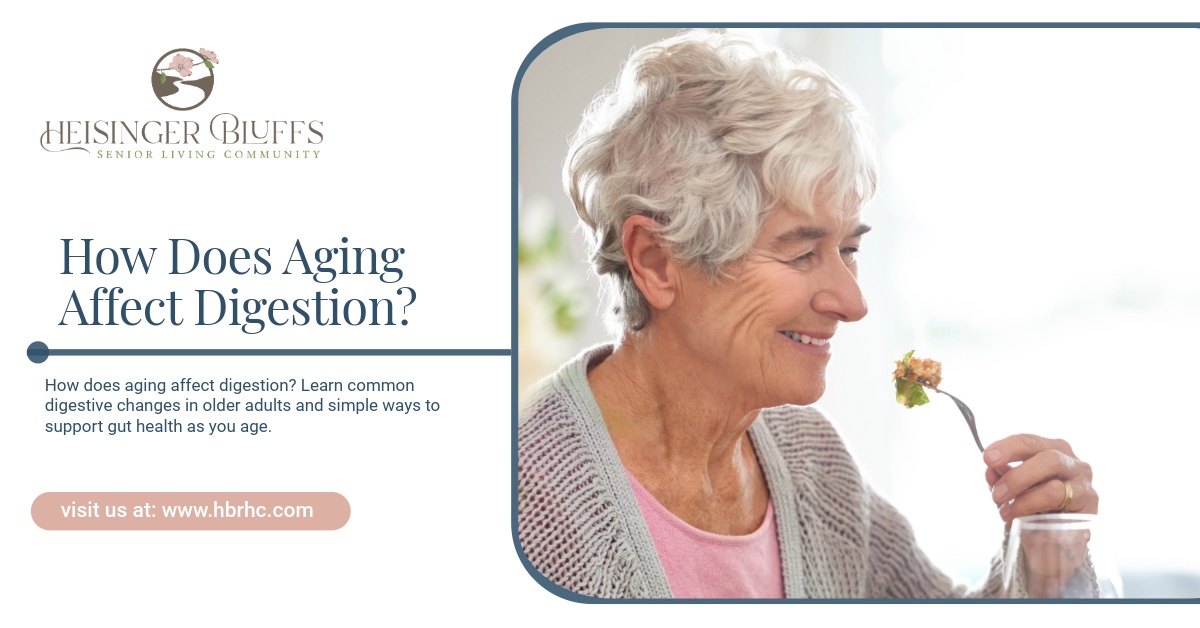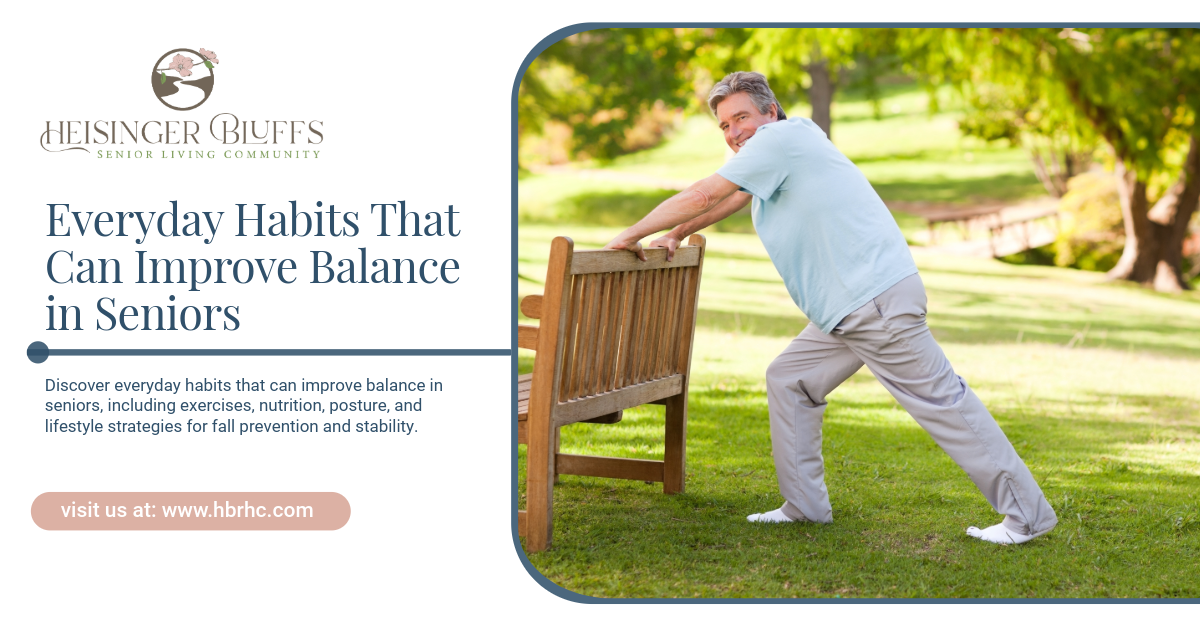Hydration and Seniors: Why Drinking Water Matters More
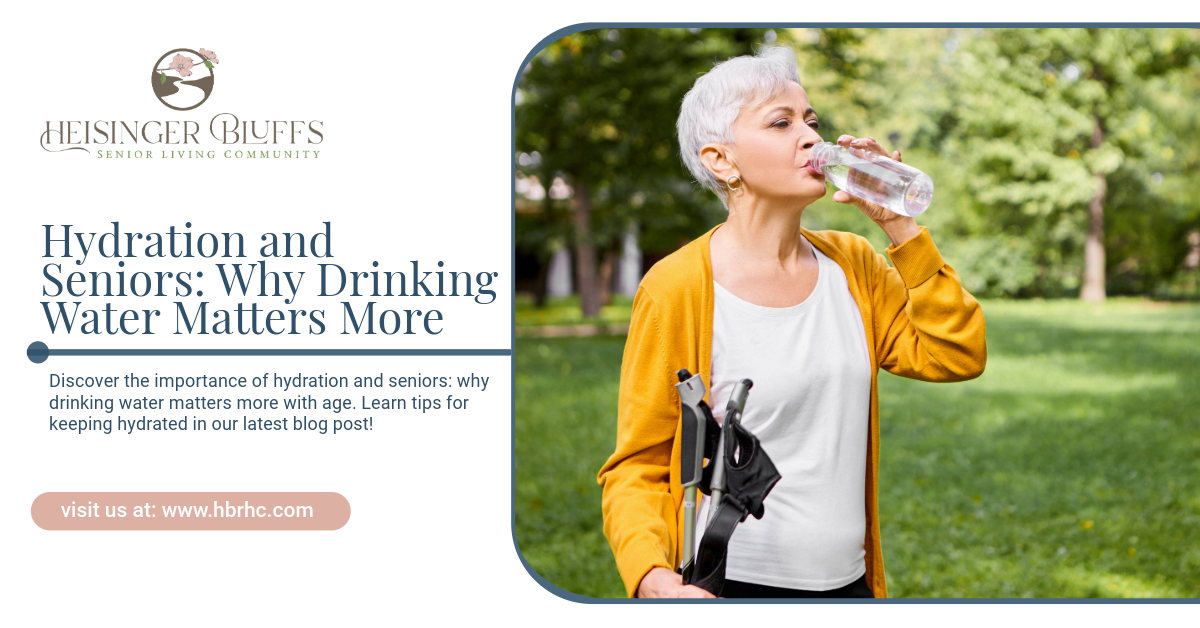
Key Highlights
- Proper hydration is crucial for healthy aging, preventing chronic conditions, and supporting body functions like temperature regulation and digestion.
- Dehydration, affecting up to 40% of older adults, poses serious health risks including fatigue, confusion, and urinary tract infections.
- Aging impacts hydration due to lower muscle mass, weakened sense of thirst, and declining kidney function.
- Certain medications exacerbate fluid loss, increasing the need for efficient hydration management.
- Simple strategies like eating hydrating foods and setting daily water intake goals support optimal hydration for the elderly.
Water is not just good to drink. It is key for healthy aging. Older adults need to have enough fluids in their bodies. This helps all the body parts work the way they should. It can lower the risk of dehydration and avoid problems that can come up, like heat stroke or heart failure. As people get older, their bodies change. The sense of thirst gets weaker. Also, kidney function goes down. These changes make it harder for them to stay well hydrated. If older adults do not drink enough water, they might face tough health issues. That is why drinking water every day is a big help. It lets people stay healthy and have a better life as they get older. Proper hydration is very important for them.
Understanding Dehydration in Seniors
As people get older, it can be easier for them to have dehydration. This is when the body loses more water than it gets. Older people are more likely to have this problem because the sense of thirst gets weaker. The body also changes with age, so they have to watch for this more.
Dehydration does not just make you tired or give you dry skin. For older people, it can cause some serious health problems. These include low blood pressure, kidney stones, and infections like urinary tract infections. Because of these risks, it is very important for seniors to keep drinking enough water every day. Keeping the body hydrated helps it work well and lets older people live a better, healthy life.
How Aging Affects Hydration Needs
Aging changes the body in many ways, and these changes have a big impact on how much water older adults need. As people get older, they lose muscle mass. This means the body has less water stored in it. Less water in the body makes it easier for older people to get dehydrated. This is true, especially when the weather is hot.
Another problem is that the sense of thirst gets weaker with age. Older adults may not feel thirsty, even if their body needs to take in more water. Research shows that many older people do not notice the risk of dehydration until the symptoms get worse.
There is also the issue of the kidneys not working as well. When older adults age, their kidneys filter and keep less water. This makes them urinate more often, and it leads to more fluid loss. Because of these changes, it is important for older people to have hydration plans that are made just for them. This helps make sure they get enough water even as their bodies change and can hold less water.
Common Signs of Dehydration in the Elderly
It is important to spot the symptoms of dehydration early in older adults. Doing this can help stop serious health problems later on. Watch out for physical, emotional, and thinking problems that show the body needs more water right away.
The Impact of Medications on Hydration
Medications can make it harder for older people to stay properly hydrated. Many of them take medicine for chronic conditions, like heart failure or diabetes. These medicines can lead to fluid loss. They often cause the kidneys to work in a way that leads to more urination. This can use up water in the body much faster.
On top of causing fluid loss, some medicines can upset the balance of electrolytes. This can make signs of dehydration worse. It's important to know how each medicine can change your fluid levels. Working with healthcare providers helps you keep your medications and hydration in balance. This way, you lower the risks that can come with fluid loss and these medicines.
Types of Medications That Promote Fluid Loss
Certain medications can make older adults lose more fluids. Here are some kinds of medicine and what they do:
| Types of Medication | Impact on Fluid Levels |
|---|---|
| Diuretics | These are taken for high blood pressure. They make you urinate more, which can cause dehydration. |
| Laxatives | These can lead to more water leaving the body because of frequent bowel movements or diarrhoea. |
| Antipsychotics | These drugs can make it hard for the body to control its temperature. This means more sweating and a bigger drop in fluids. |
| Antihistamines | Side effects often include a dry mouth and not noticing the need to drink water as much. |
| Diabetes Medications | These cause more fluid loss because the body is flushing out extra glucose with urine. |
For older adults, keeping a close check on fluid loss is important, especially if they use these medicines. It is even more important when you have a fever, get sick, or during hot weather, because body temperature rises and you lose even more water.
Managing Medication and Hydration Balance
Balancing the side effects of medication and keeping hydrated is very important for healthy aging. In order to do this, older adults should see their healthcare provider regularly. The healthcare provider can help set up a proper hydration plan that fits the needs of each person and their prescriptions.
One way that can help is to always have a water bottle nearby. This makes it easier to drink water whenever you feel thirsty, at home or when out. The healthcare provider may say you need to change how much water you drink depending on when you take your medicine. For example, you might need to drink extra water after you take a diuretic.
It can also be good to check how hydrated you are by looking at the color of your urine. Clear or pale-yellow urine usually shows you have good hydration. Older adults should tell their healthcare provider right away if they feel dizzy or weak, because this could mean a fluid imbalance from the medicine. These simple ways can help prevent bad side effects from medicine and keep older adults in better health by making sure they have the right fluid balance.
Practical Hydration Tips for Seniors
Hydration strategies for seniors do not have to be difficult. A few easy changes in daily routines can really help. For example, try to take regular sips of water all day. This does not upset the stomach and helps keep fluids up.
Eating foods with high water content like watermelon, cucumbers, and strawberries in your meals will also help you get more water. Keep water where it is easy to reach and add fruit for a new taste. Using these habits can help you stay hydrated without needing to change your day much.
Setting a Daily Water Intake Goal
Having a daily water intake goal is a good way for seniors to get the right hydration. Experts say people should try to have about eight glasses of water a day, with each glass about 8 ounces. Another way is to take one-third of your body weight and drink that many ounces of water each day. This way, the amount is right for your body.
To make this easier, break the goal into small steps. Seniors can drink a glass of water after eating meals or snacks. When you add drinking water to things you already do, it will not feel hard or make you feel too full.
It helps to track your water with apps or leave yourself notes as reminders. These tools will help you keep on track and be more steady in your water consumption. Staying with your water goals is good for your body temperature and can help with digestion and keeping up your energy. It also lowers your risk of dehydration, which may show up as dry skin or confusion. Being steady with drinking glasses of water each day is a good way for people to stay healthy as they grow older and to feel fresh.
Creative Ways to Increase Fluid Intake
Do you want staying hydrated to feel easy? There are fun ways to get more fluids each day. Eating foods with high water content, like celery, oranges, and soups, is a good way to get enough fluids without always drinking a glass of water.
You can also make plain water taste better. Try adding fruit-infused ice cubes or put in some fresh mint. These simple ideas turn a regular glass of water into something special.
Seniors who like hot drinks can choose non-caffeinated herbal teas for a warm and hydrating option. Broths and milk alternatives are also great during cold months. They help people get both hydration and nutrients. When seniors mix up how they get fluids, drinking enough fluids is easier and even enjoyable. Making good hydration a habit helps people avoid dehydration and supports overall health.
Final Thoughts
Staying hydrated is essential for healthy aging. As the body changes with age—and with the added effects of certain medications—older adults require more intentional care when it comes to fluid intake. Recognizing the signs of dehydration and taking simple, daily steps to increase water consumption can make a significant difference in energy, health, and overall well-being.
At Heisinger Bluffs, we understand the unique needs of seniors and are here to support wellness at every stage of life. Whether you’re looking for practical tips, personalized care, or a vibrant community that promotes healthy habits, we’re here to help. Contact Heisinger Bluffs today to learn how our senior living community can help you or your loved one stay healthy, connected, and well-hydrated.
Why are seniors more at risk for dehydration?
As we age, our bodies undergo changes that make it harder to stay hydrated. Seniors often have a weaker sense of thirst, reduced kidney function, and lower muscle mass—all of which affect fluid balance. Certain medications can also increase fluid loss, making dehydration a more common and serious risk for older adults.
What are the signs of dehydration in older adults?
Common signs of dehydration in seniors include fatigue, dry mouth, confusion, dizziness, dark-colored urine, and decreased urine output. In more serious cases, dehydration can lead to low blood pressure, urinary tract infections, or even hospitalization. It's important to recognize these signs early and take steps to increase fluid intake.
What are simple ways seniors can stay hydrated throughout the day?
Seniors can stay hydrated by sipping water regularly, eating foods with high water content like fruits and vegetables, and setting daily hydration goals. Using reminders, flavoring water with fruit, or choosing non-caffeinated herbal teas can also make hydration easier and more enjoyable.
Sources:
- https://www.webmd.com/healthy-aging/what-to-know-about-dehydration-in-older-adults
- https://www.nia.nih.gov/health/safety/hot-weather-safety-older-adults
- https://pmc.ncbi.nlm.nih.gov/articles/PMC10255140/
- https://pmc.ncbi.nlm.nih.gov/articles/PMC8537864/
- https://www.healthline.com/nutrition/19-hydrating-foods





